How To Stop Relaxed Hair Breakage And Hair Care Tips
Your hair routine can be revolutionized in small yet profound ways to stop hair loss.
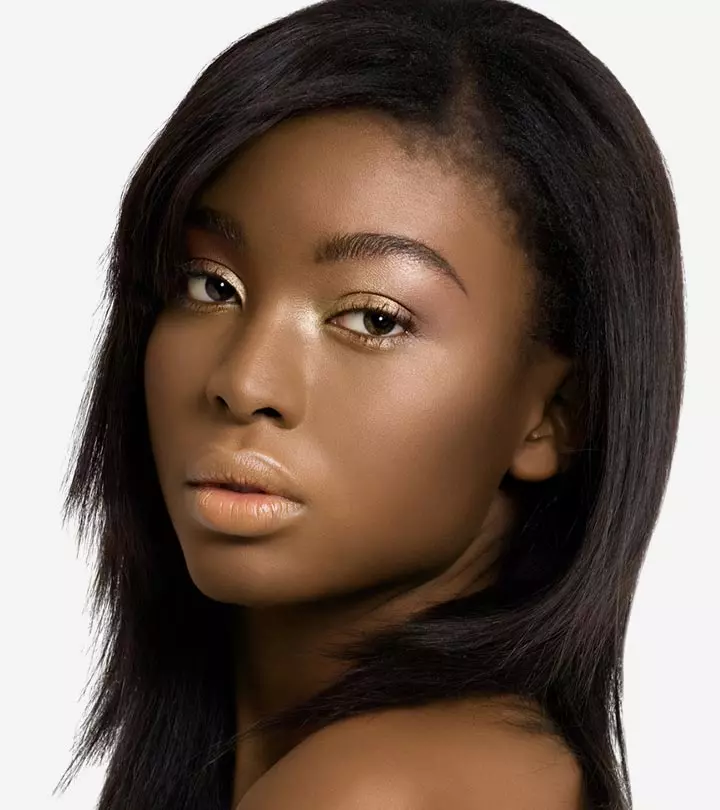
Image: Shutterstock
A perfect sleek straight hairstyle is something we all wish for. Hair relaxers are a great way to transform curly hair into silky straight hair. However, this process is associated with relaxed hair breakage. Hair relaxers use chemicals that break down natural hair proteins, leaving hair dry, brittle, and easy to break. Luckily, there are ways to prevent breakage when a relaxer is used. Keep reading to learn more.
In This Article
Why Do Relaxers Cause Hair Breakage?
Hair relaxers contain harsh chemicals and may cause hair breakage.
They also contain lye that is usually used in paint thinners and chemical cleaners. These chemicals penetrate the hair cuticles and cortex and change the hair protein structure (to relax the curls and coils). This process leaves the hair weak and brittle. The hair relaxer may also come in contact with the scalp if the right care is not taken. It may cause burns and scabs.
 Did You Know?
Did You Know?You can prevent hair breakage with the following methods. Keep reading.
If you want to know how to stop hair breakage, follow the below-mentioned methods. Keep reading.
Key Takeaways
- While hair relaxers help transform your curls into fine, straight hair, these hair products are laden with chemicals that may leave your hair feeling dry and brittle.
- Keeping your hair moisturized with masks or protein treatments and avoiding heat styling or hair dyes would help keep your relaxed hair in its best possible health and shine.
- Chronic dandruff or excessive hair loss may hint that hair relaxing is doing more harm than good to your scalp and hair.
How To Stop Relaxed Hair Breakage?

- Moisturize Your Hair
The harsh chemicals in hair relaxers change your hair texture and could dry it out.
They also make it prone to breakage. You may go for moisturizing treatments every week. Get a spa done at least once a month. The steam opens up the hair cuticles and allows the moisture to penetrate the hair shaft.
You can also apply a mixture of coconut and olive oils to your scalp and hair strands. Leave it on for 30 minutes and wash with a moisturizing shampoo. Do this twice a week. Towel dry your hair and lightly apply argan oil to your hair strands.
- Get A Protein Treatment
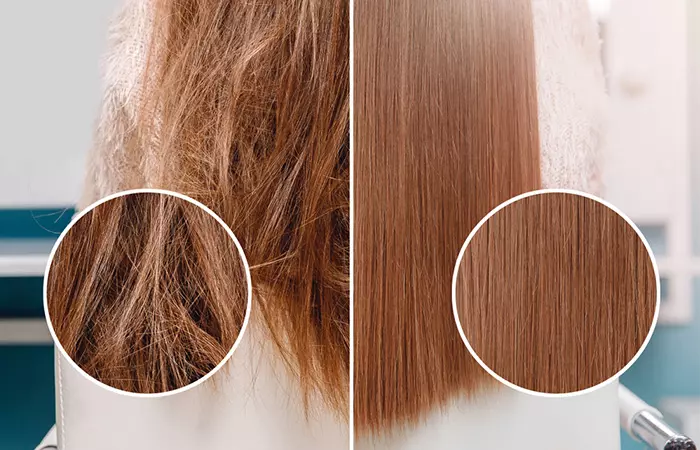
A hair relaxer can weaken the hair strands, and a protein treatment can help in hair strengthening. Protein treatments with keratini A fibrous protein in the body that forms tissues of the epidermis (outermost layer) layer of the skin, hair, and nails. , collageni A protein produced by the body that is responsible for giving structure to the skin, connective tissues, and joints. , or whey protein will keep your hair strong and healthy and prevent hair breakage. Those with short hair may need to get a protein treatment every 4 to 6 weeks. Individuals with longer hair can get a protein treatment once every 12 weeks. However, do not overdo it. Excessive protein in hair can make it dry and brittle. Create a balance between protein treatment and hair moisturization. Hard, brittle hair needs more hydration.
- Use A Wide-Toothed Comb
Hair relaxers can weaken hair and make it brittle.
Using a teasing comb will only damage hair further. A wide-toothed comb helps reduce friction and the chances of hair breakage.
- Avoid Overprocessing
Do not relax your hair frequently. Overprocessing will do more harm. Layering hair relaxers on already relaxed hair can adversely affect your hair health by further drying your hair out and even making it protein deficient (leading to hair shedding and breakage). Talk to your hairstylist to understand the right time to relax your hair again.
Seun Okimi, a lifestyle YouTuber, reduced her hair breakage by following a few healthy hair practices. According to her, you should only apply a relaxer as a touch up to new hair. She says, “Each time when you are putting more relaxer on to previously relaxed hair, you are weakening the hair which is already straight (i).”
- Avoid Hair Color
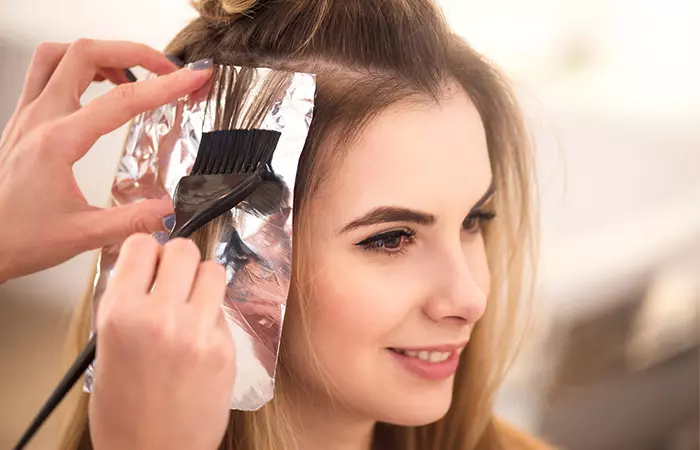
Bleaching and/or coloring hair that is already brittle can make things worse. However, if you do want to color your hair, you may stick to non-permanent colors and color rinses that reduce damage. You must also wait for at least 2 to 3 weeks before coloring your relaxed hair.
- Use A Scarf
Protecting your hair from friction and the sun can keep your strands from drying out further. Wrap a satin scarf around your hair strands and tuck it in the ends before you step into the sun or go to sleep.
- Wear Loose Hairstyles
Avoid twist outs, bantu knots, braids, crochet braids, etc.
While the whole point of relaxing your hair is to wear it straight, twisting and turning your hair too much to achieve a certain hairstyle may lead to breakage. Loose hairstyles like a low ponytail or a low bun can help in hair breakage prevention.
- Avoid Heat Tools
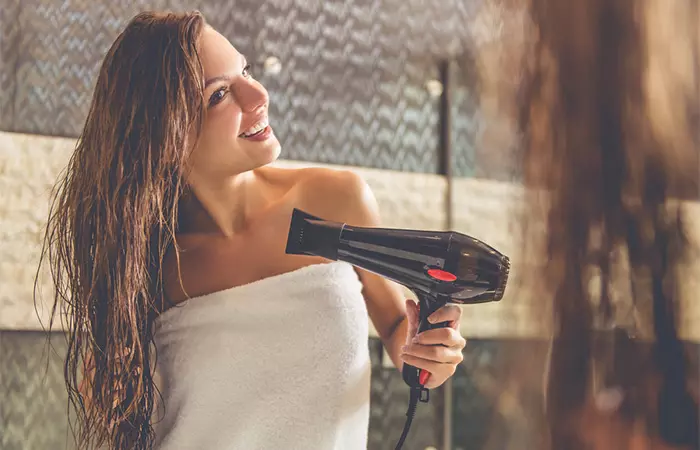
Subjecting your hair to heat styling tools when your hair is already fragile could lead to excessive hair breakage and damage. Try the wash and go hair care method to avoid using a blow dryer after washing your hair. But should you need to use a blow dryer, do so in the cool setting or use a heat protectant.
These are the ways you can reduce hair breakage after a hair relaxing treatment. Check the following tips on taking care of your hair post the treatment.
Hair Care Tips For Relaxed Hair
Here is how to maintain relaxed hair generally to keep it healthy as it endures the treatment.
- Use deep conditioners for your hair.
- Use a hydrating leave-in mask once a week.
- Get a hair spa done once a month.
But you can only do so much to protect your hair. Before you enter a point of no return, it is best to recognize the signs that tell you to stop relaxing your hair.
Signs It Is Time To Stop Relaxing Your Hair

Keep an eye out for the following signs to know if it is time to stop relaxing your hair.
- Your scalp is always itchy. It also burns every time you relax your hair.
- You have chronic dandruff.
- You have excessive hair loss.
- You notice major split ends.
- Your hair is frizzy or extremely dry and brittle.
- You notice a lot of flyaways.
- Your hair breaks easily or looks weak and unhealthy.
 Did You Know?
Did You Know?Infographic: 5 Ways To Prevent Relaxed Hair Breakage
While relaxers can transform your curly hair and make it silky and smooth, they come with underlying hair damage risks. The harsh chemicals that penetrate your hair shaft not only alter its protein structure but also leave it brittle and prone to breakage. However, taking a few simple precautions can help minimize the damage. Check out the infographic below to know 5 easy ways you can prevent relaxed hair breakage.

Illustration: StyleCraze Design Team
In summary, hair relaxers transform curly hair into smooth and silky tresses. But they use harsh chemicals to break the bonds in curly hair to make it straight. This leaves curly hair more open to damage, like dryness and hair breakage. In some cases, it may also cause burns and scabs. To reduce relaxed hair breakage, create a hair maintenance routine where you moisturize your locks, opt for protein hair treatments, use wide-toothed combs, avoid over-processing your hair, and stop coloring your hair for some time. To prevent further damage, avoid hair styling with heat styling tools and tying your hair in tight hairstyles. Pair these tips with a good lifestyle, healthy diet, and stress-relieving activities for the best results.
Frequently Asked Questions
Does stretching your relaxer cause breakage?
Yes, stretching your relaxer can cause breakage. The line of demarcation, which is the part where relaxed hair and new hair meet, is particularly vulnerable to breakage. The two different textures are highly prone to get tangled and breaking away if not taken proper care of.
How many times should you relax your hair in a year?
It is safe to limit relaxers to thrice a year. You need to have enough new hair growth (at least an inch) to work with, and most of us do not have much growth. Relaxing your hair 3-4 times in a year with a gap of 3-4 months in between would be ideal.
Is coconut oil good for relaxed hair?
Yes. Relaxing makes hair weak and results in the loss of essential nutrients from it. Coconut oil is great for nourishing your relaxed hair as it penetrates the shaft and seals in proteins to prevent their loss.
Why is my relaxed hair puffy?
Just like the chemicals in relaxers make your hair dry and brittle, they also result in a lot of frizziness. It is because of loss of essential nutrients and lack of moisture. All of this can give your relaxed hair a puffy look if not conditioned and maintained properly.
Illustration: Relaxed Hair Breakage? Here Is How To Stop It
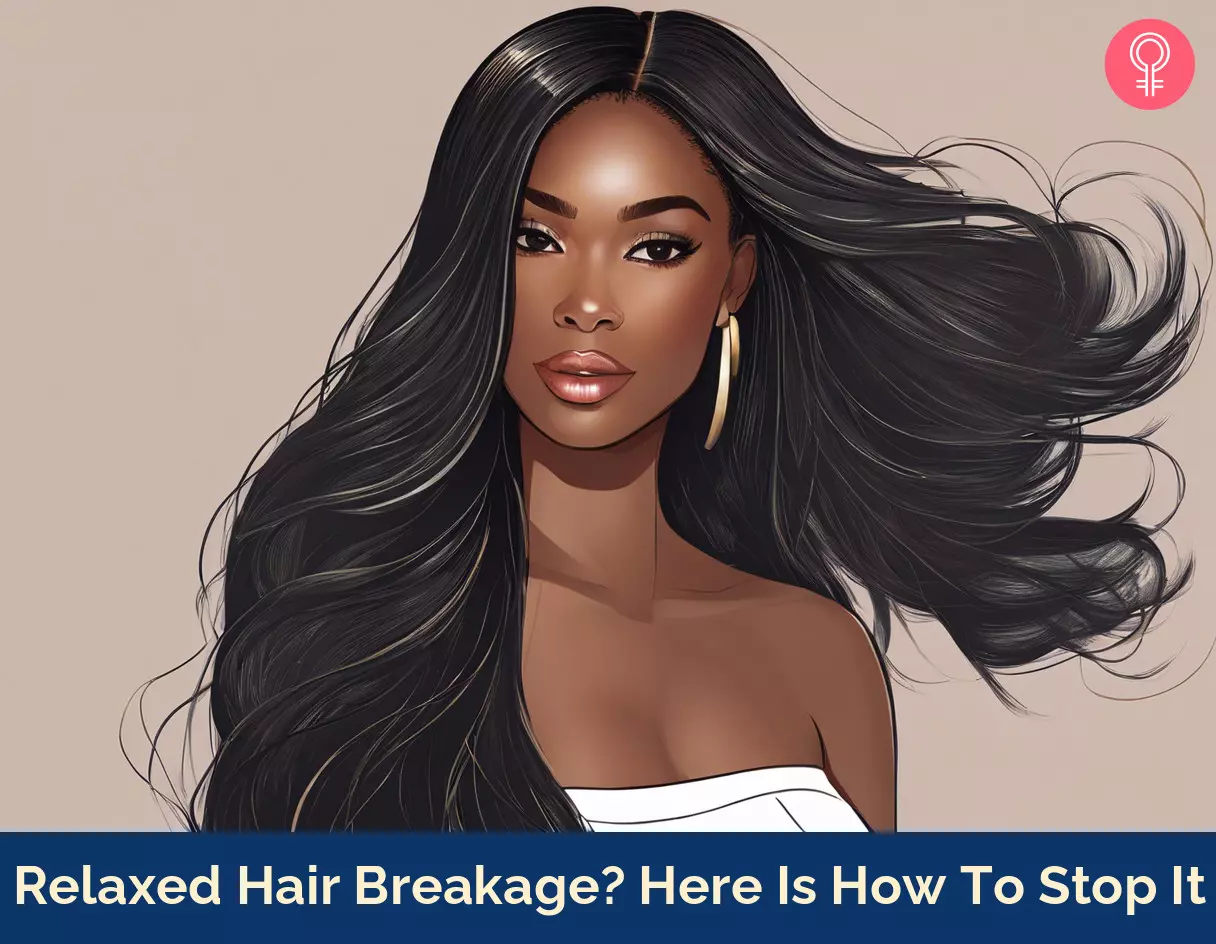
Image: Stable Diffusion/StyleCraze Design Team
Learn the tips and tricks to stop excessive breakage of relaxed hair. Check out this video to know how to achieve healthy hair!
Personal Experience: Source
StyleCraze's articles are interwoven with authentic personal narratives that provide depth and resonance to our content. Below are the sources of the personal accounts referenced in this article.
i. How i stopped my excessive breakage on my relaxed hairhttps://www.youtube.com/watch?v=q-GqhhBdppo
References
Articles on StyleCraze are backed by verified information from peer-reviewed and academic research papers, reputed organizations, research institutions, and medical associations to ensure accuracy and relevance. Read our editorial policy to learn more.
- Relation of circulating estrogens with hair relaxer and skin lightener use among postmenopausal women in Ghana
https://pubmed.ncbi.nlm.nih.gov/34992224/
Read full bio of Dr. Sergio Vañó Galván
Read full bio of Arshiya Syeda
Read full bio of Ramona Sinha
Read full bio of Medha Deb







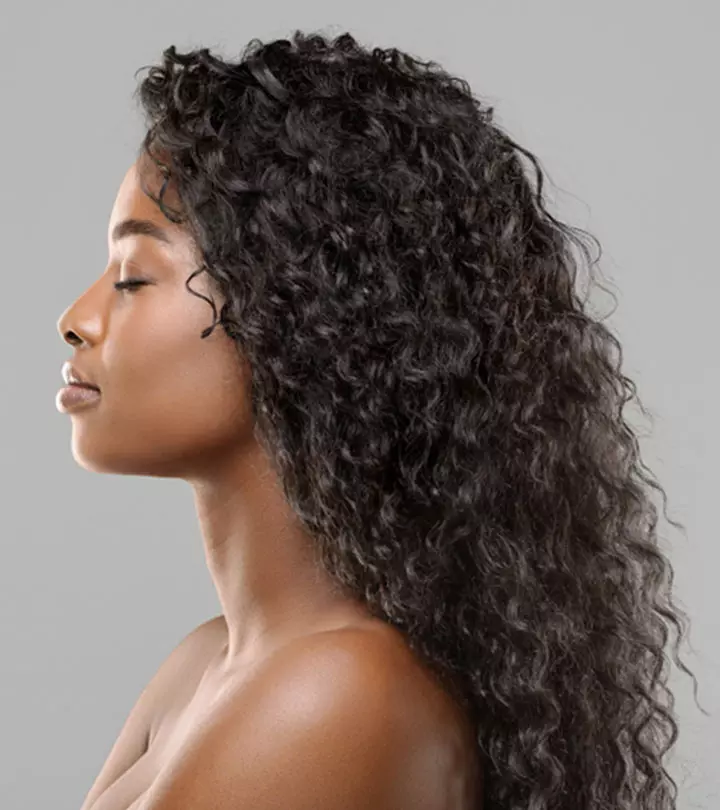
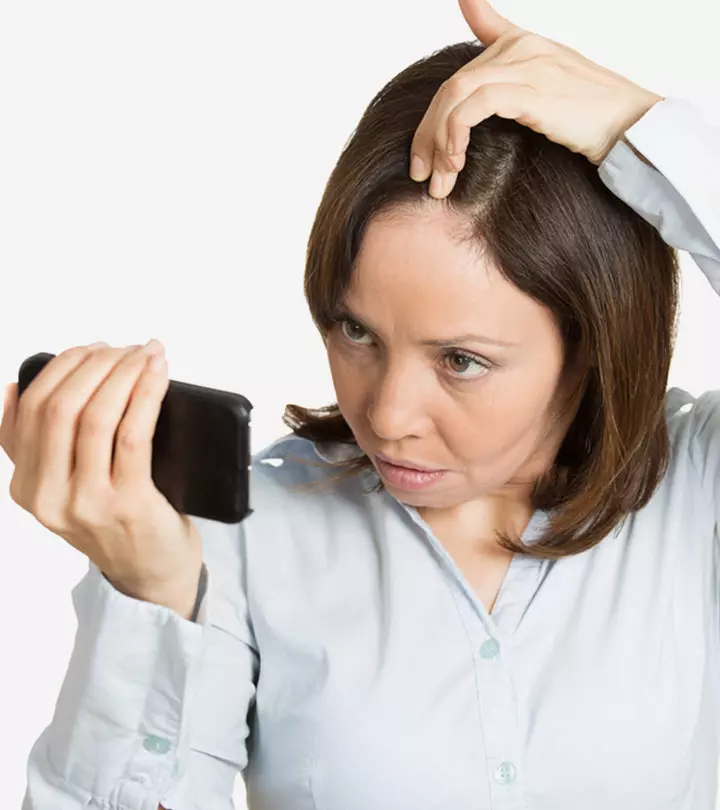
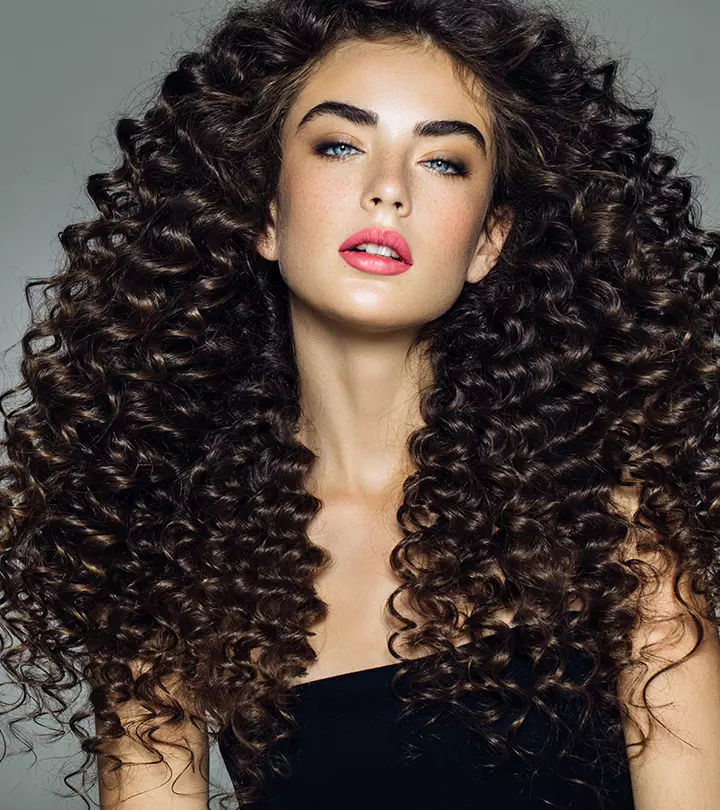
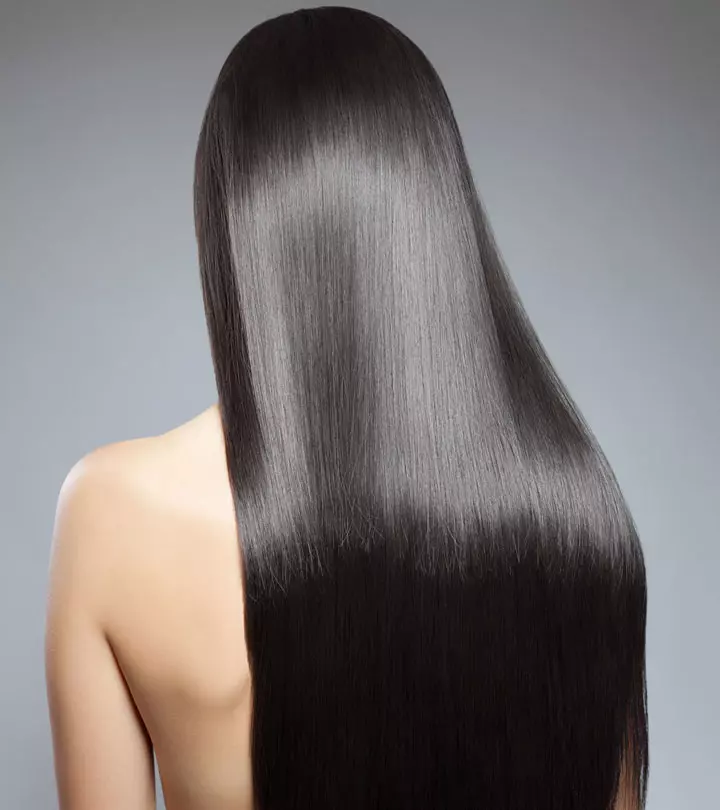

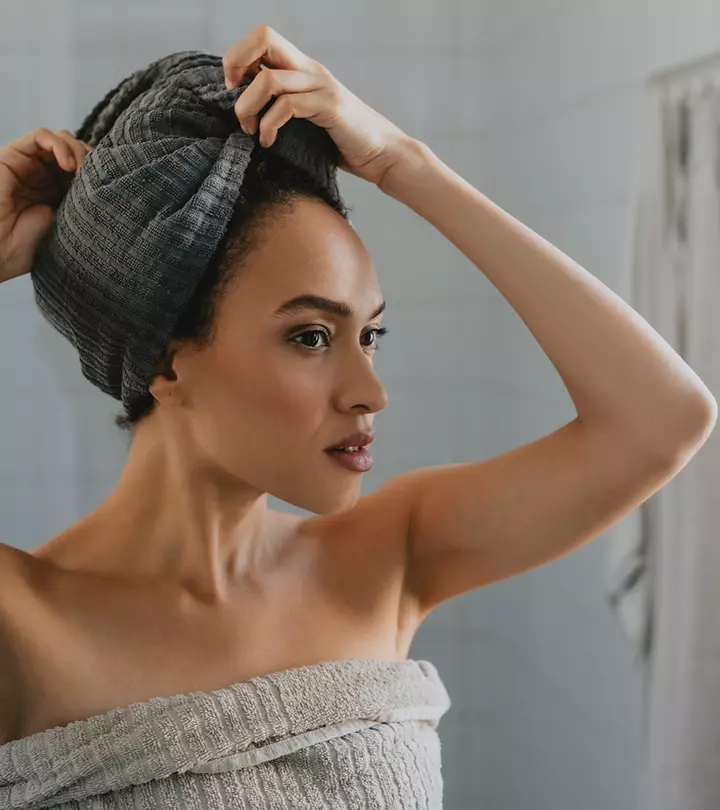
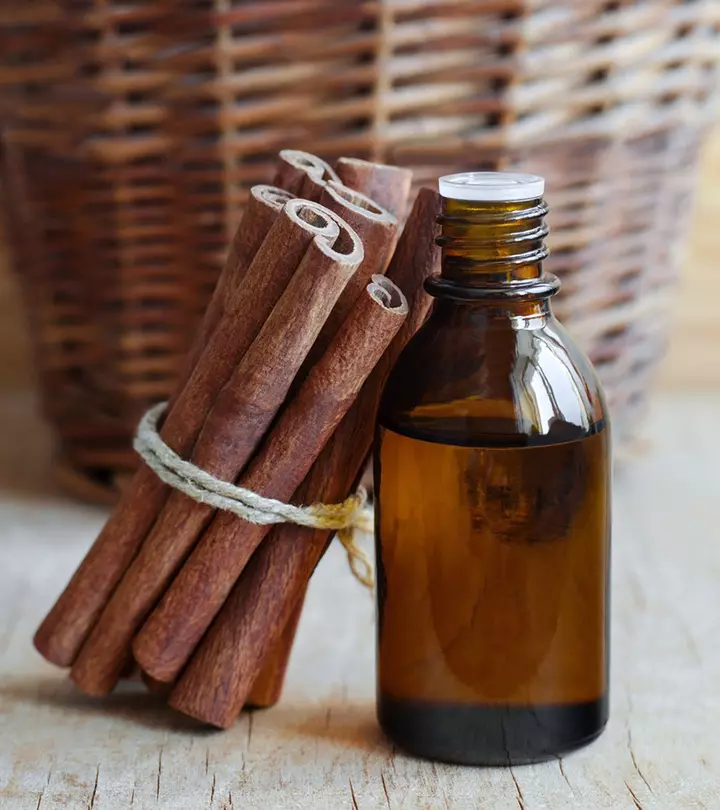
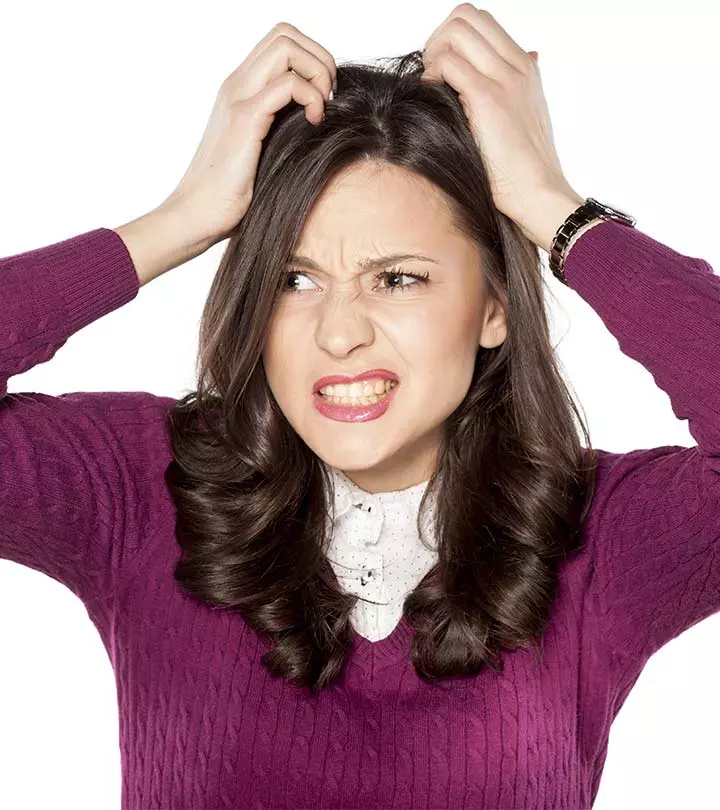
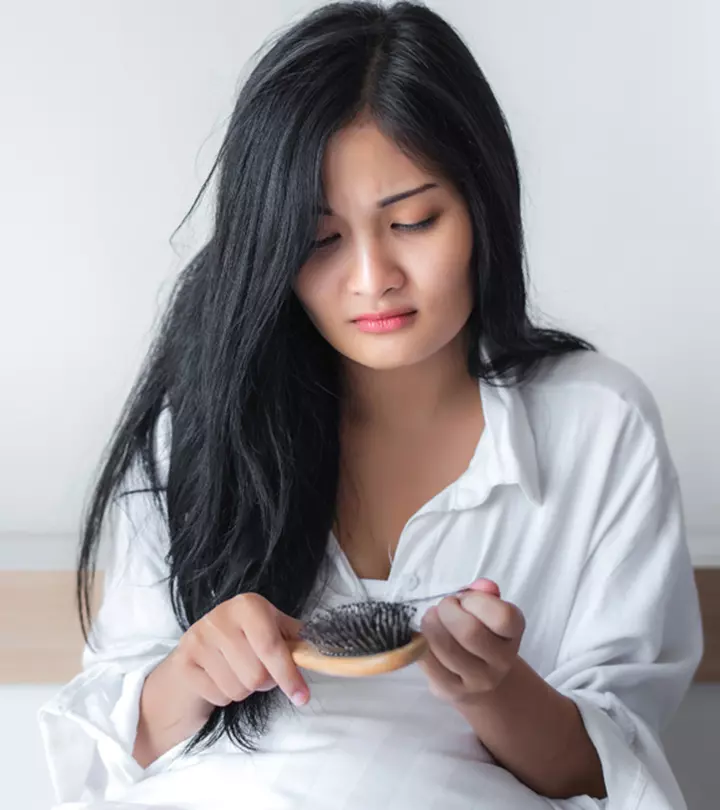

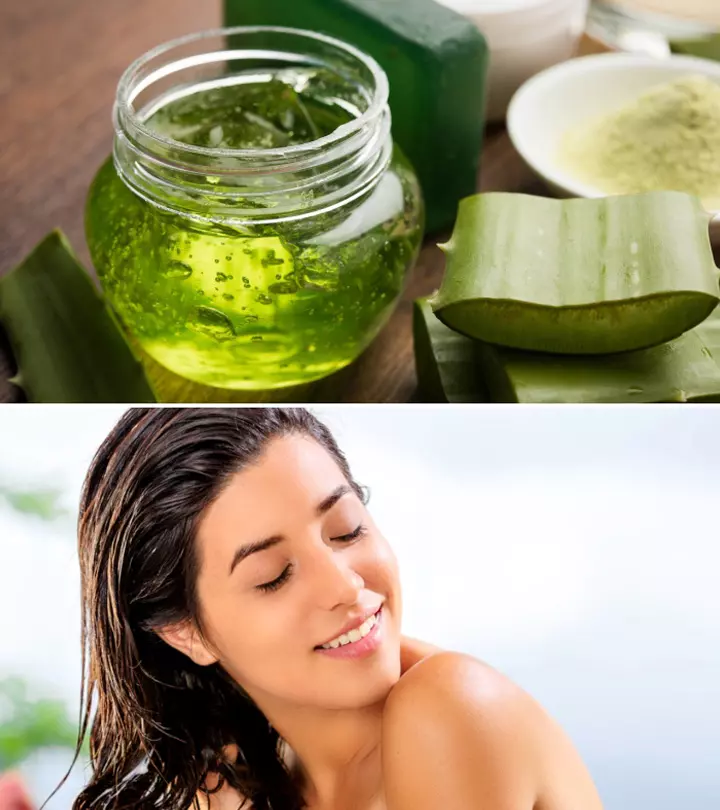
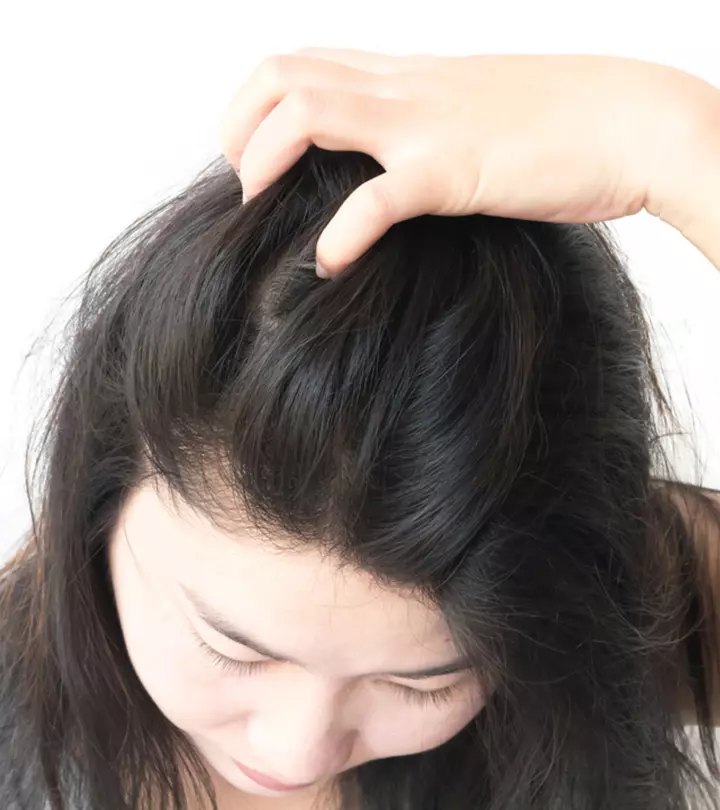

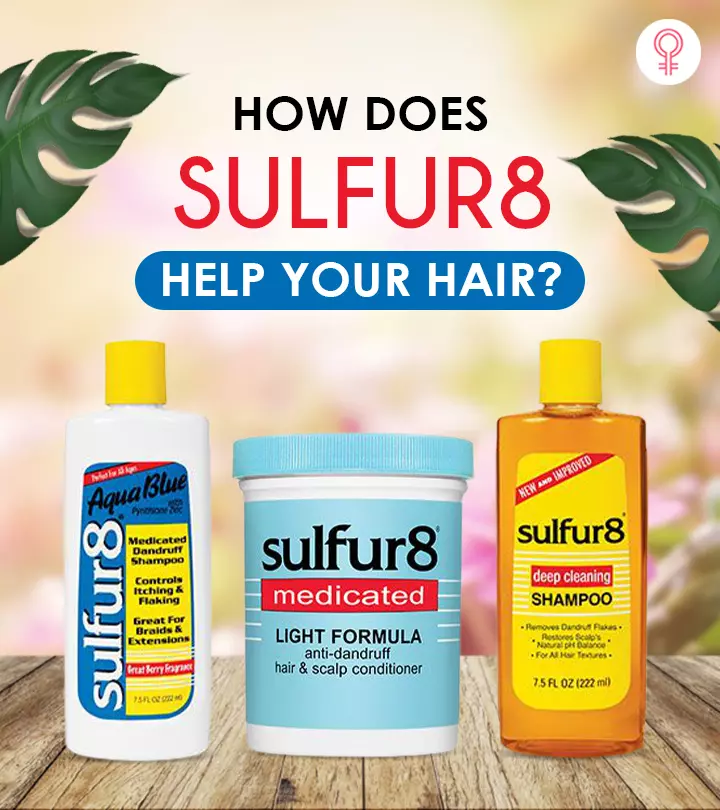
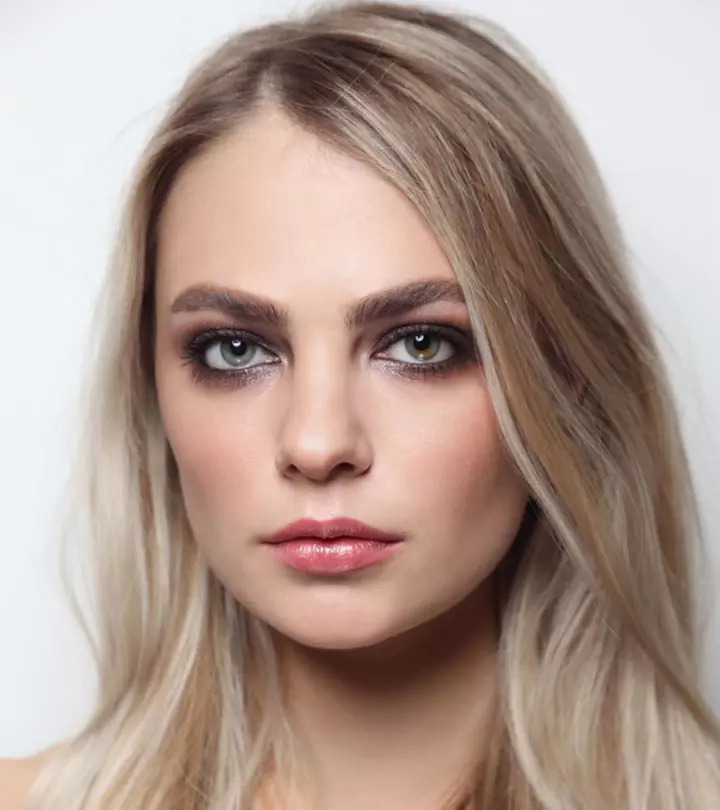
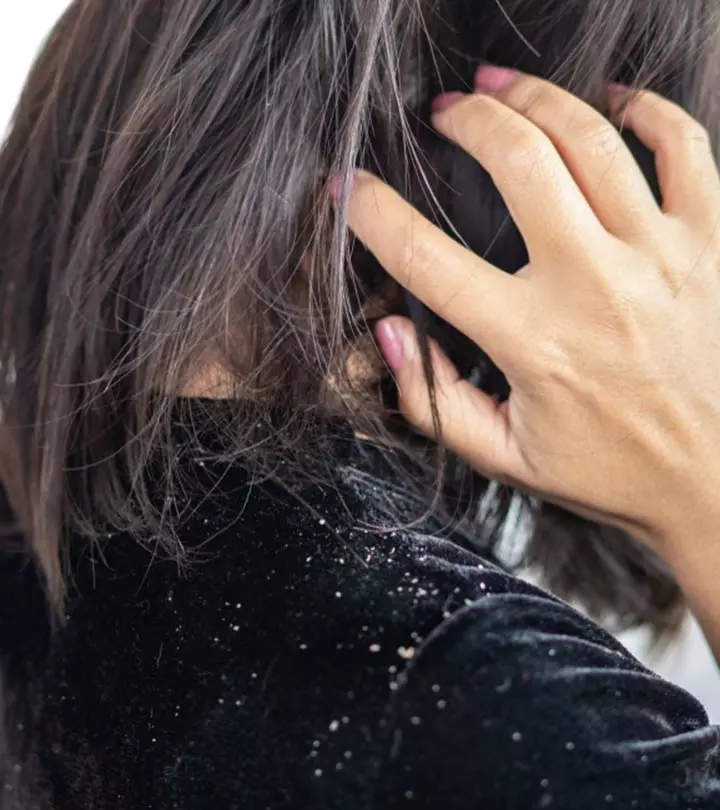

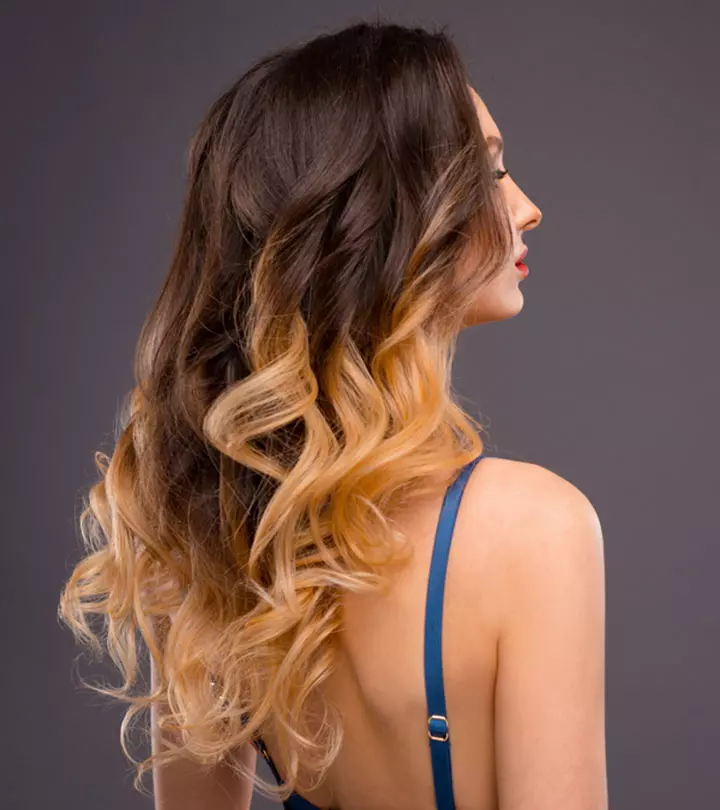
Community Experiences
Join the conversation and become a part of our empowering community! Share your stories, experiences, and insights to connect with other beauty, lifestyle, and health enthusiasts.